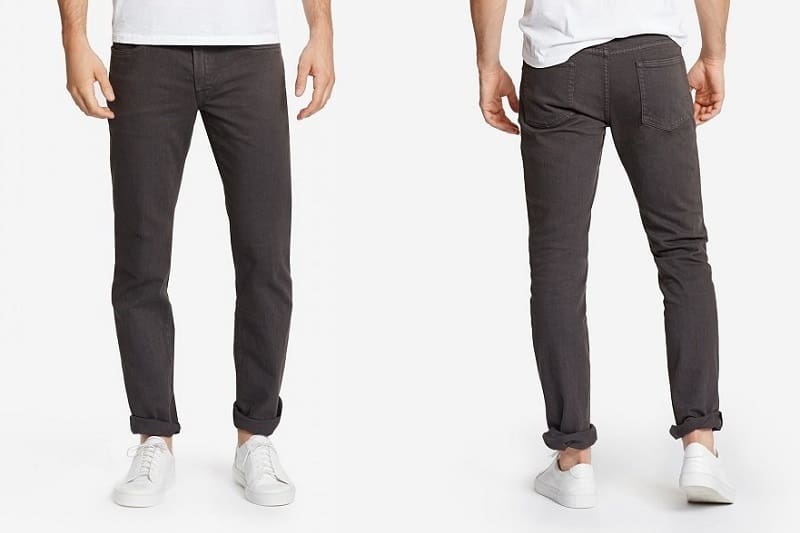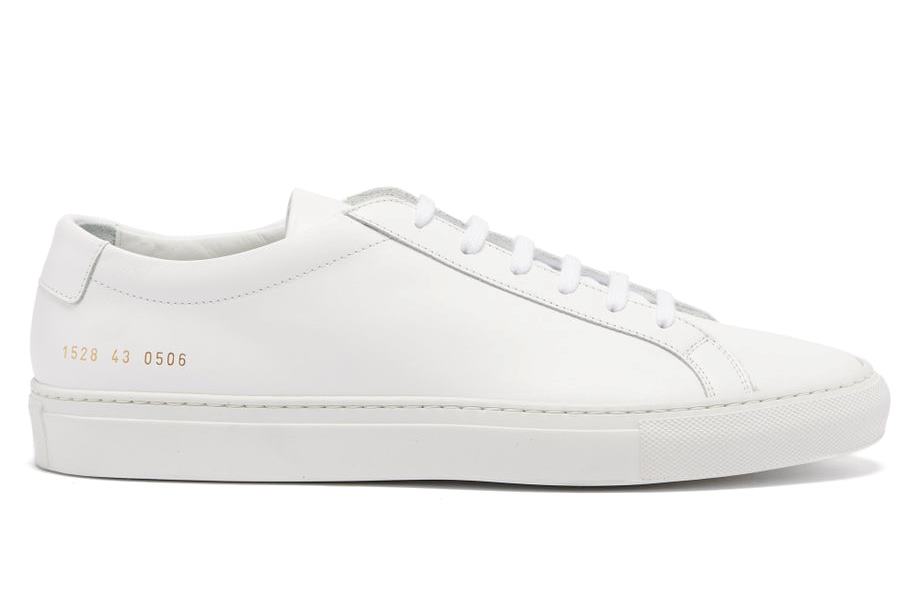High Top vs. Low Top: Everything You Need To Know
There are two kinds of people in this world. Those that wear sneakers for function and comfort and those that view footwear as a fashion statement and nothing else. Comfort be damned! Lucky for all of us sneakers wearers, they do tend to be pretty darn cozy by default. Let’s take a look at wearing high tops vs. low tops, both for the athlete and the dapper male and female fashionista.
Main Difference Between High Tops and Low Tops
 Roman Tiraspolsky/Shutterstoc
Roman Tiraspolsky/Shutterstoc
The answer is unfortunately not very profound. A high top sneaker has a higher collar that covers the ankle and a low top has a lower collar that does not cover the ankle. There will be a quiz later and I expect all of you to get 100%.
Pros and Cons of Both Styles
Literally, everything has pros and cons. Find something that doesn’t. I dare you. And the height of your shoes is not different. Some people prefer one over the other whether it’s in regard to comfort or style.
Low Tops

Pros:
- Responsive and lightweight cushioning
- Flexibility and no foot restrictions
- More general control of movements
- Huge market selection
Cons:
- Cushioning is usually sturdy, minimal impact protection
- Usually less durable because of loose/soft materials
- No ankle lock-in
High Tops

Pros:
- Ankle lock-in
- Soft & bouncy cushioning with good impact protection
- Usually more durable
Cons:
- Movement restrictions due to materials and ankle collar
- Reasonably heavy
See more about – Puma vs. Nike: Everything You Need To Know
The Difference for Athletes
 Dmitry Niko/Shutterstock
Dmitry Niko/Shutterstock
In general, when referencing basketball shoes that used to exclusively mean high tops. It was believed that the higher cut provided support from sprains. However, after years of vigorous testing and lots of science-y experiments, it has been determined that sprains are caused when a player lands or twists their foot in such a way. Regardless of whether the player is wearing a high or low top sneaker, no shoe can stop a sprain from happening.
























